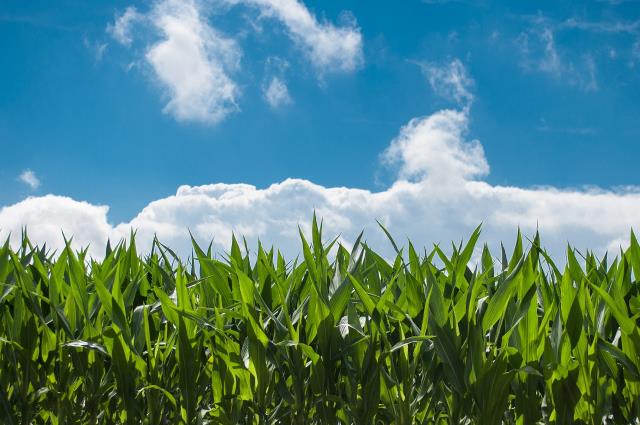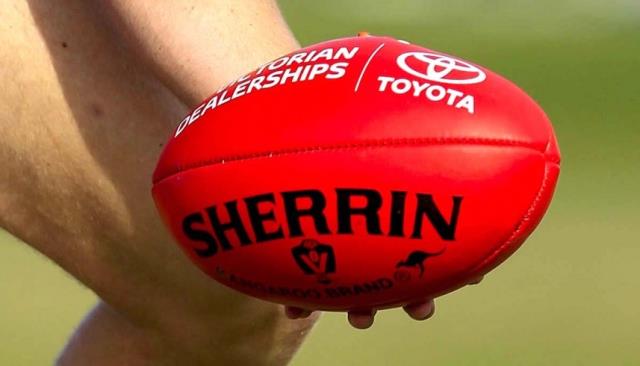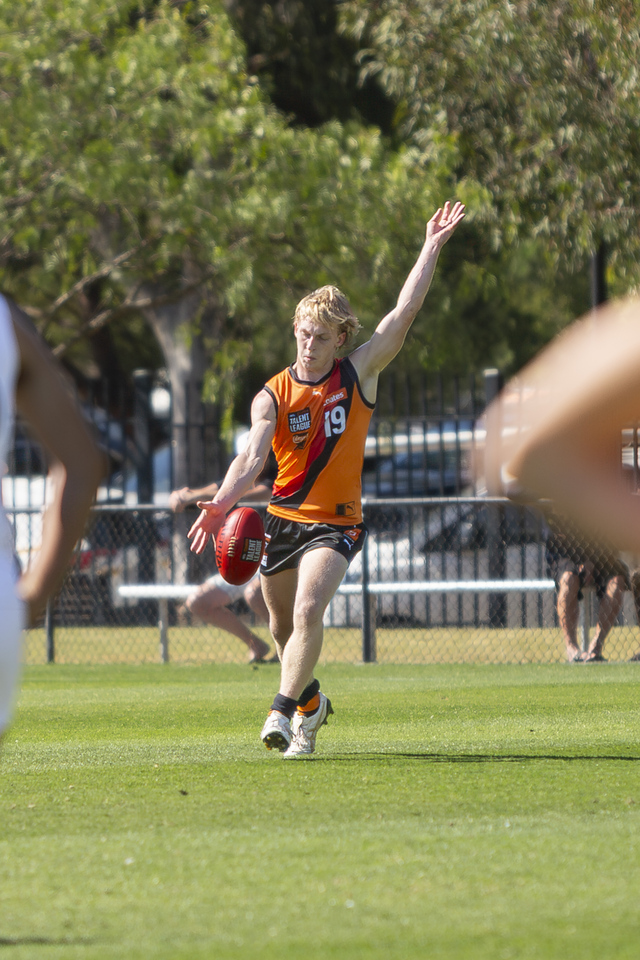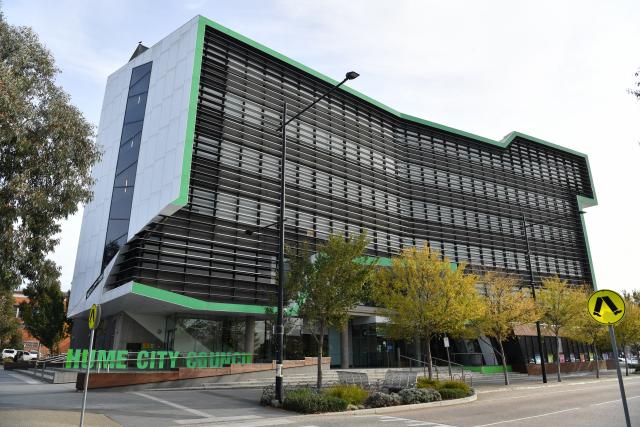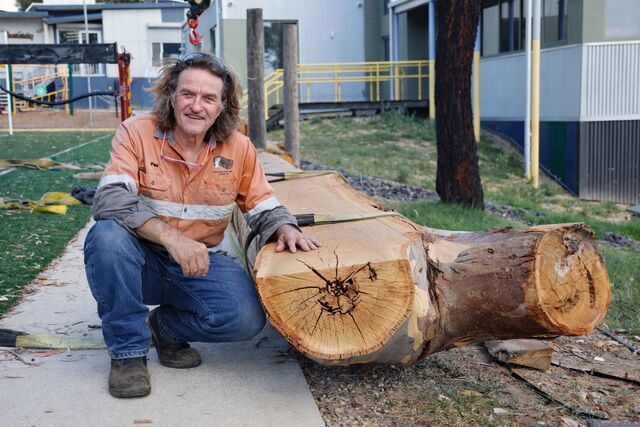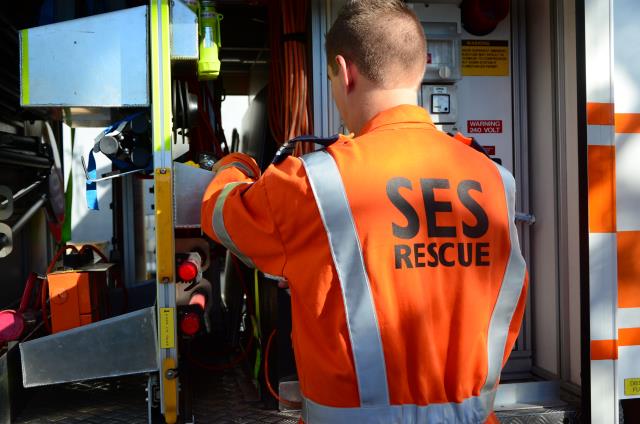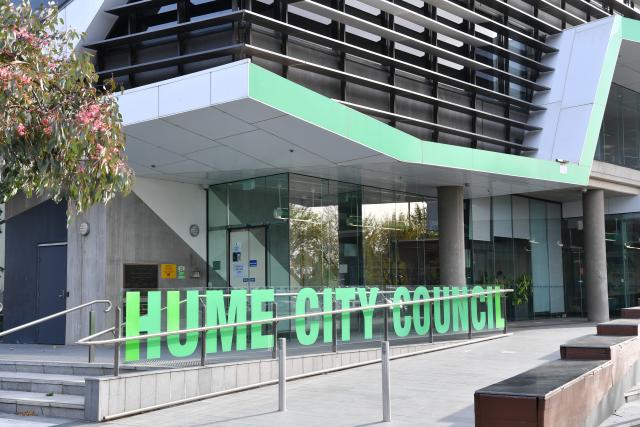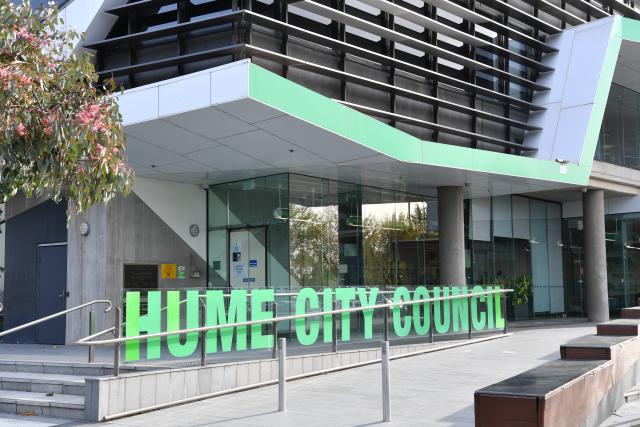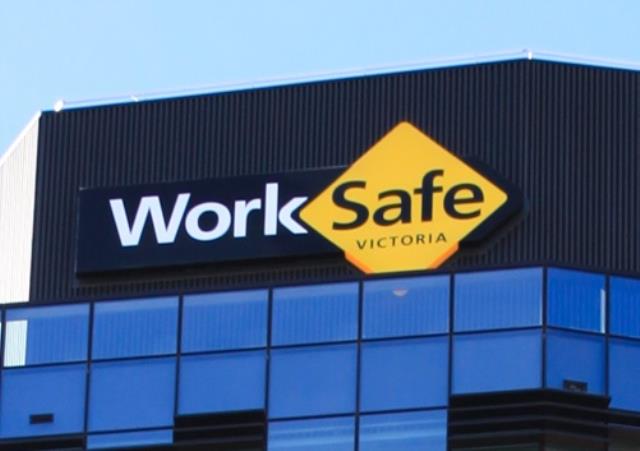The state government has been criticised for its plan to protect Melbourne’s green wedge areas, with an expert saying it fails to respond to the major threats.
On March 18, the state government unveiled its green wedge and agricultural land action plan, which it said outlines a focus on preserving green wedges and agricultural land on Melbourne’s outskirts.
Green wedges are defined as non-urban areas of metropolitan Melbourne that lie outside the urban growth boundary. There are 12 green wedge areas across 17 municipalities, including Hume, Whittlesea, Brimbank, Hobsons Bay, Melton, and Wyndham, which form a ring around the city.
Retired environment and planning professor Michael Buxton said the plan completely fails to protect the green wedges from the threats that face it.
“The [plan] fails to deliver on its acceptance of the need for stronger planning controls to protect the rural land uses of green wedges,” he said.
“This means that the [plan] fails to do what it promised – prevent the further loss of the values of green wedges to incompatible development.”
Mr Buxton said the plan is full of general statements that don’t constitute commitment.
“They don’t clearly state in any measurable way what actions they’re going to take, instead they water down [the] commitments but using vague terms … such as ‘encourage’, ‘strengthen’, ‘better direct’.
“These are undefined, subject to interpretation and unable to be measured or their effectiveness assessed. After six years of investigation, an action plan which defers action to future undefined measures is hardly adequate.”
In the first action of the plan, the government said it will prepare and apply a new planning scheme overlay to protect the Werribee and Bacchus Marsh irrigation districts.
The government said they are the two most significant recycled water precincts in Melbourne’s peri-urban area, which together constitute approximately 3000 hectares of land in Melbourne’s west.
Mr Buxton said while the government does say it is going to bring in a new planning overlay, it doesn’t explain what the overlay is going to do.
“They’re very careful not to state that the overlay will be tough,” he said. “It avoids mandatory measures except for the preparation of one overlay, two prohibitions and one other mandatory measure.
“The government’s job is to protect the green wedges. This is a critical time for its future, if something isn’t done they will certainly be lost. It won’t take long.”
A Department of Transport and Planning spokesperson said department experts developed the plan in consultation with councils, the agriculture sector, and the Green Wedge Coalition.
“We’ve already enshrined protections into the planning and environment act and set up agriculture Victoria’s planning and advisory service and we’re now working with councils and authorities to deliver several more actions this year,” the spokesperson said.

